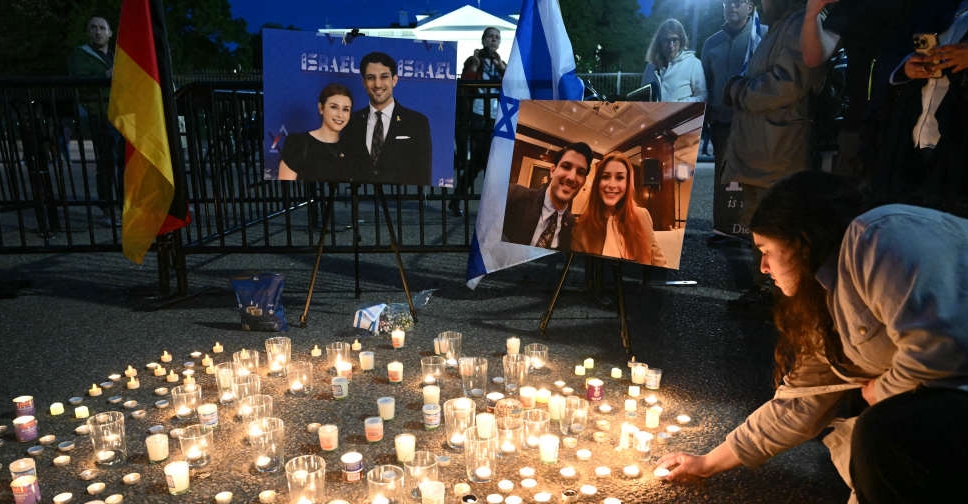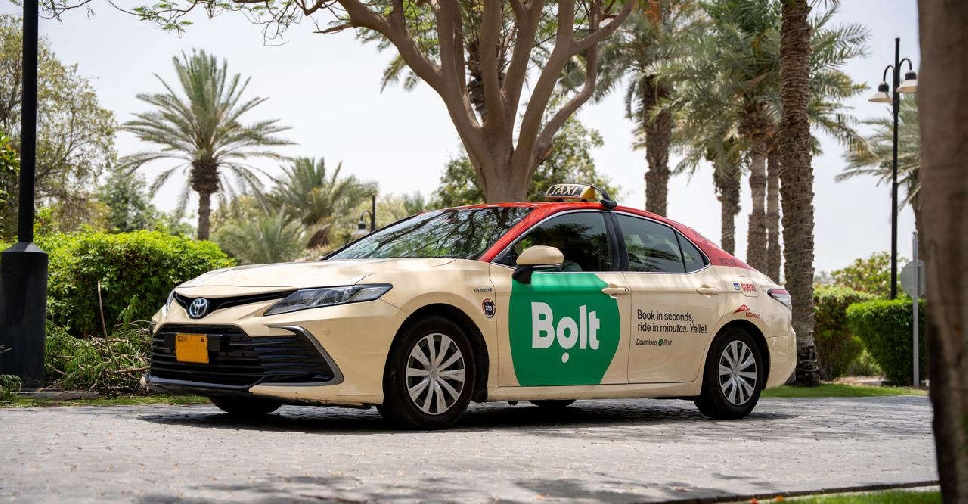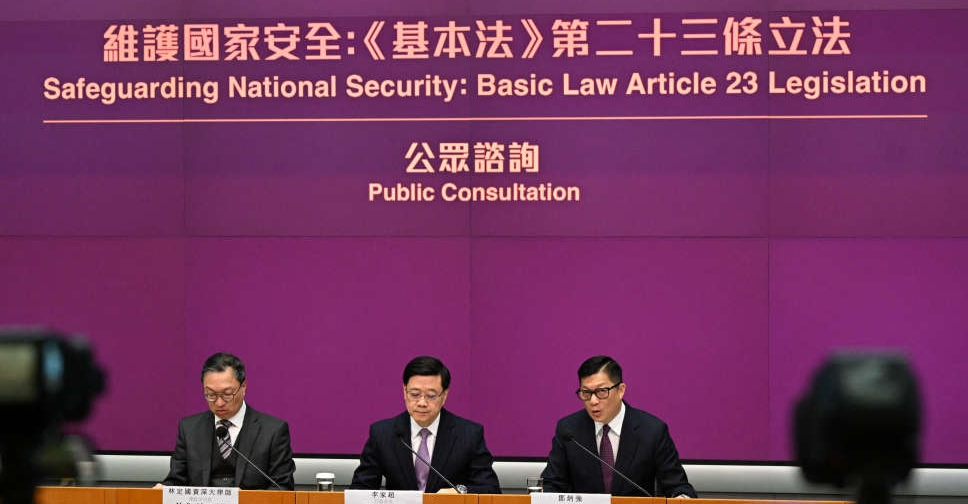
Hong Kong's leader confirmed on Tuesday his intention to tighten national security laws to build on sweeping legislation China imposed in 2020, saying the city "could not afford to wait".
Some business people, diplomats and academics are watching developments closely, saying the prospect of new laws targeting espionage, state secrets and foreign influence, known as Article 23, could have a deep impact on the global financial hub.
Critics have denounced the 2020 legislation as a clampdown on dissent in the former British colony. The Chinese and Hong Kong governments say it was needed to restore stability after sometimes violent pro-democracy protests that swept the territory a year earlier.
Chief Executive John Lee said the government will attempt to pass the laws "as soon as possible" but did not give a precise timetable for them to be approved by the city's legislature.
"Why now? We can't wait. I've said it very clearly. We can't afford to wait. It's for 26 years we've been waiting. We shouldn't wait any longer," Lee said, describing it as the city's constitutional responsibility dating back to its 1997 handover to China from British rule.
"While we, society as a whole, look calm and look very safe, we still have to watch out for potential sabotage, undercurrents that try to create troubles," he said, saying some foreign agents could still be active in Hong Kong.
Lee said the city's freedoms would be safeguarded and the laws would meet international standards.
A 110-page consultation document was sent to the Legislative Council on Tuesday and the consultation will end on February 28.
The document outlines the need for new and updated laws covering the theft of state secrets, espionage, treason, sedition and sabotage, including the use of computers and electronic systems to conduct actions endangering national security.
Tighter control of foreign and Taiwanese political organisations linked to the city is also advocated under proposals for a new offence of "external interference".
"External forces" had been using the city "as a bridgehead for anti-China activities...and propagating anti-China ideology through a soft approach to demonise" the Chinese and Hong Kong governments. It noted "monitoring of human rights" as one of the "guises".
The consultation document warns that Hong Kong is under increasing threat from foreign espionage and intelligence operations, and cites the 2019protests.
China and Hong Kong are "unavoidably subject to acts and activities endangering national security conducted by the agents or spies of external forces (including external political organisations or intelligence agencies)" in the city, it notes.
It defines a list of state secrets in Hong Kong, including economic, scientific and diplomatic information, but says that for something to be classed as a state secret it would have to endanger national security if released.


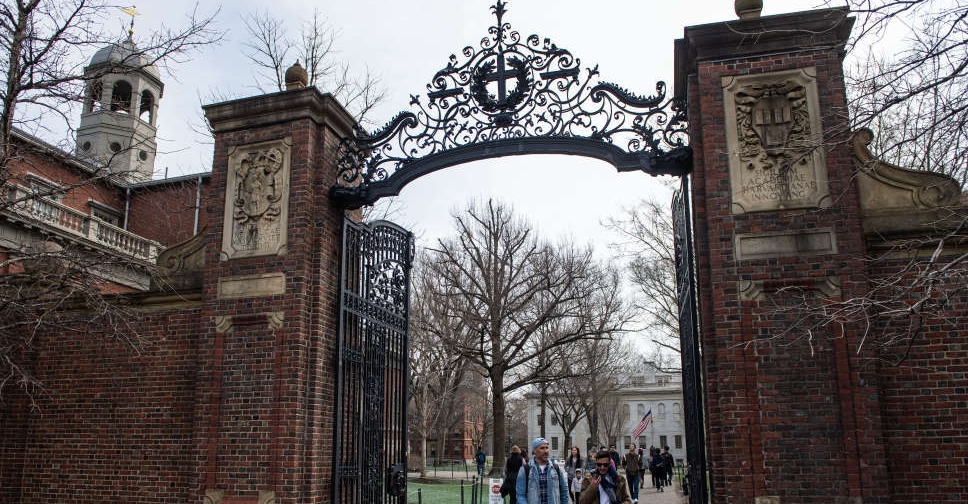 Trump administration blocks Harvard from enrolling foreign students
Trump administration blocks Harvard from enrolling foreign students
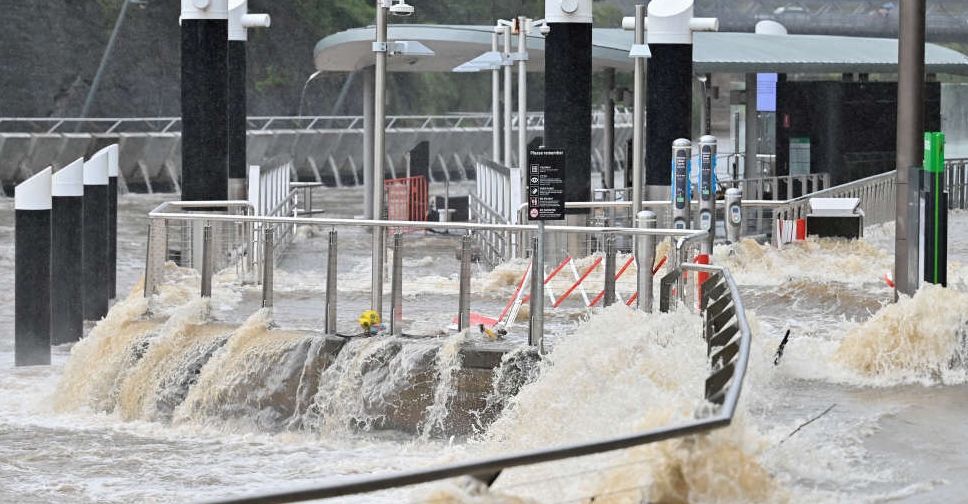 Death toll in Australia floods rises to four, tens of thousands stranded
Death toll in Australia floods rises to four, tens of thousands stranded
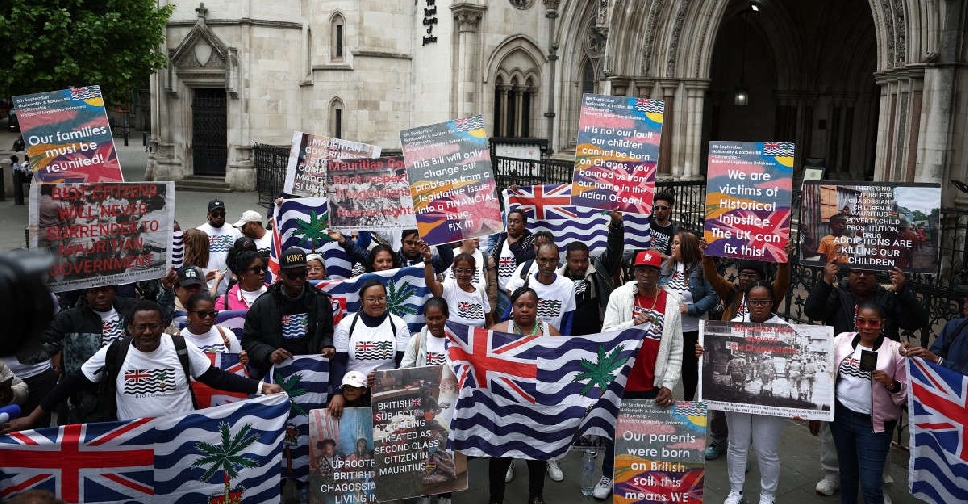 UK signs Chagos deal with Mauritius to seal future of US-UK air base
UK signs Chagos deal with Mauritius to seal future of US-UK air base
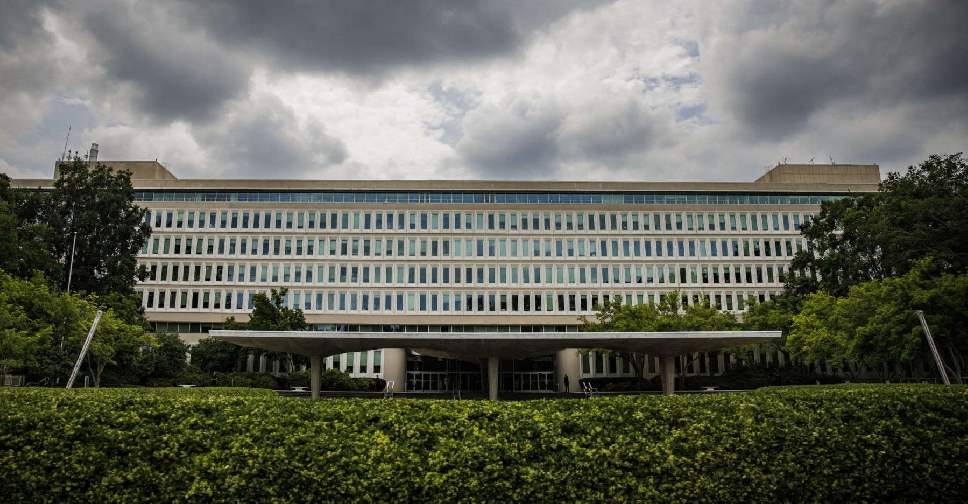 Person in custody after shooting outside CIA headquarters
Person in custody after shooting outside CIA headquarters
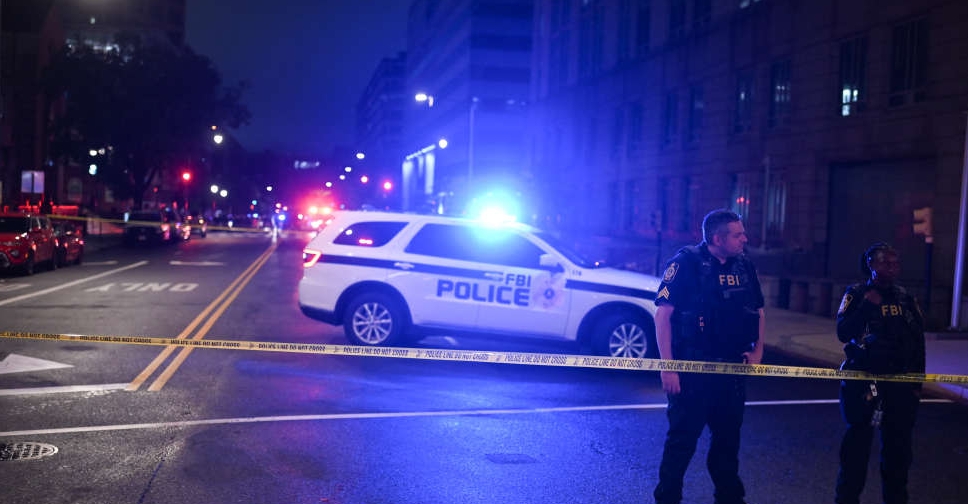 Two Israeli embassy staffers killed in Washington shooting, suspect held
Two Israeli embassy staffers killed in Washington shooting, suspect held
